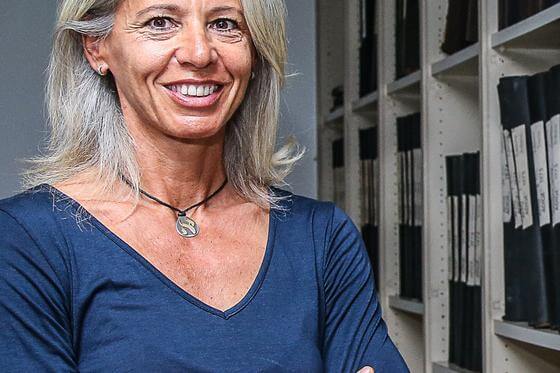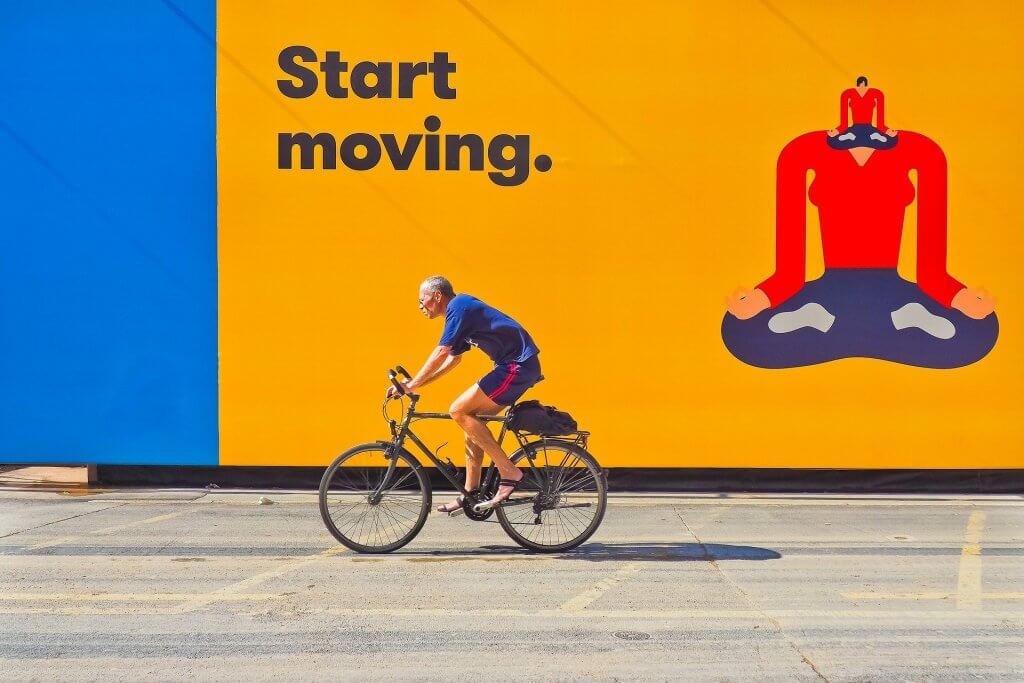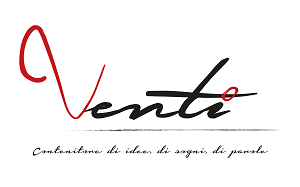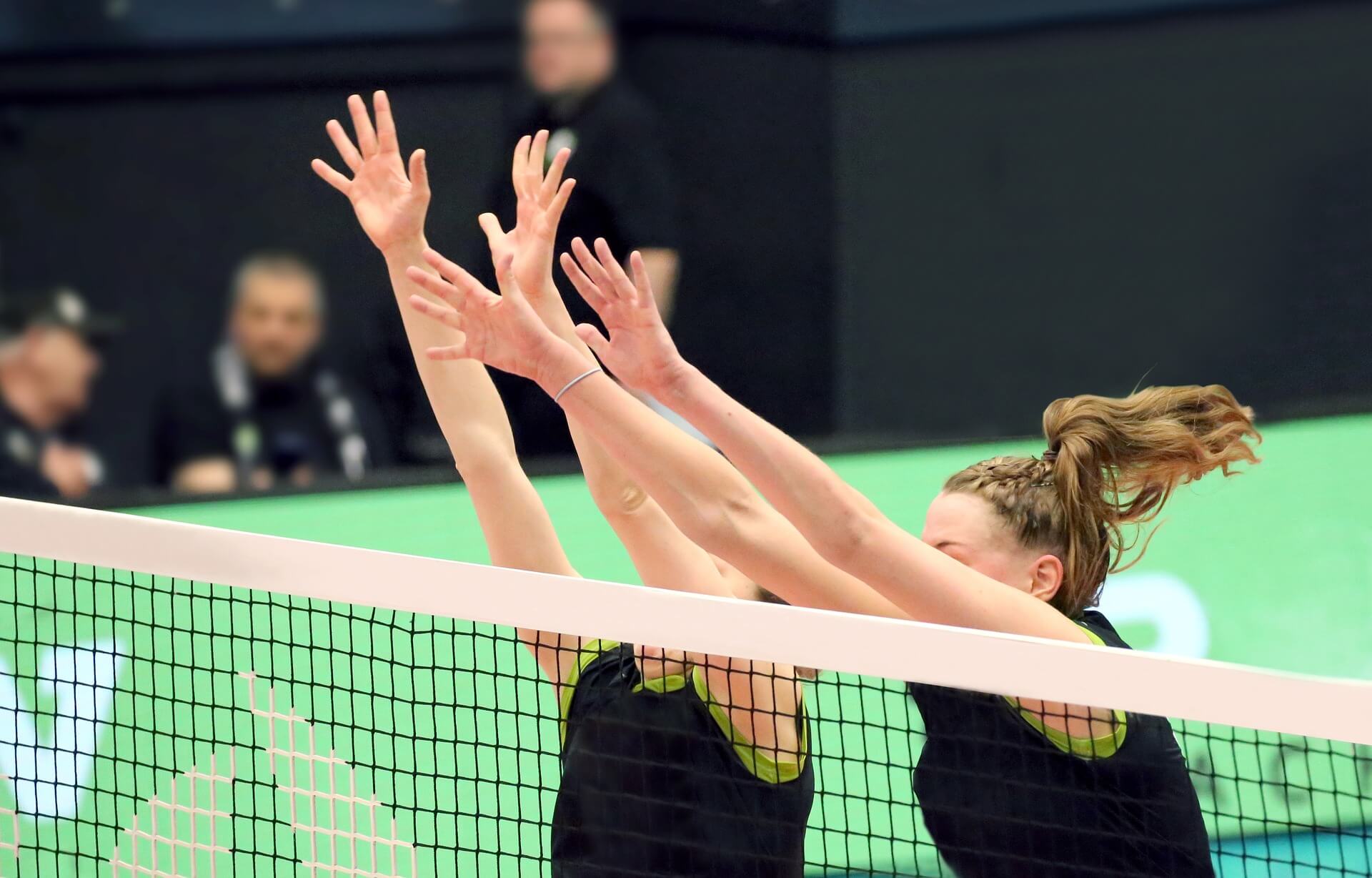In May 2021, former pistard Antonella Bellutti will be the very first female candidate to the Italian Olympic Committee presidency
One of the greatest anomalies about equality gender in Italy concerns our sports community: during its old-centenary history, in fact, our Olympic Committee has never been led by a woman. Moreover, only one time the national sports federation had a female leadership: it happened in 2012, after London’s Olympic Games, when Antonella Dallari had been elected to the presidency of the Italian equestrian sports federation (FISE). However, her leadership finished after only one year, due to both the large debts in the federal budget and the complaints about the vote.
It’s so difficult to explain the possible reason of this vacuum. Although women earned a lot of medals and trophies in the last years, especially in winter sports: for example, the last Winter Olympics in Pyeongchang revealed to the Italian audience three female champions as Arianna Fontana, Sofia Goggia and Michela Moioli. Federica Brignone became the first Italian skier during the past season to win the women’s World Cup. The biathlete Dorothea Wierer conquered either two gold medals in World Championships and the overall World Cup for the second time in her career. Even if someone could believe in a lucky coincidence, why have women never been sports management leaders? Why do Italian sports movements always give up to another approach, perhaps more brilliant and advanced than the male one?
A little but meaningful sign of change gets from the challenge to the presidency of Italian National Olympic Committee (CONI): a few weeks ago, former pistard and bobsledder Antonella Bellutti, gold medal in 1996&2000 Summer Olympics, announced her nomination against the current chairman, Giovanni Malagò, in the run for the third consecutive mandate. While she presented her candidature in a conference press, she wanted to send a social message beyond CONI campaign: «I’m proud to take part as a woman, an athlete, a vegan supporter and an LGBTQI+ activist»: an ideal manifesto directed to the whole Italian society, a message in the name of integration. «I would be a helpful example to build up an inclusive sport, capable of explaining its enormous value in support of everybody, without exception. I’d like that my candidature can give exposure to the many activists that every day are engaged to defend human rights», Bellutti said to the media. A special effort not only for reaching the goal: she would bring a new mindset in a traditionally closed environment. «It’s not simple to challenge a male-based and established power system. Even if the athletes joined CONI’s bureau twenty years ago, they mostly have a collateral role. Then, they could only align to the general trend», Antonella Bellutti’s point of view. The election for the national Olympic Committee – scheduled for May, 12th 2021, in Milan – is strictly linked to our sports community’s future. Since 2018, when the reform of the entire CONI organization was approved, the International Olympic Committee threatened to ban Italy because of the political interferences in sports management.

The rise of another corporation, Sport e Salute, is exclusively focused on the financial managing of sport. Maybe, it doesn’t sound casual that Bellutti’s nomination would shake up the whole sports community: «There’s a deep conflict between the inclusive value of sports and its capitalist and paternalistic logic, which exclude those who are out of certain attitudes. Instead, I’d like a clear sport system, coherent with the best values that humanity can express», Bellutti said in an interview with the online newspaper Il Dolomiti. In any case, her nomination to the Italian Olympic Committee is only the last proof of a progressive renovation that concerns the relationship between sports and women. In November 2020, the association of football professional players (FIFPro) and the world federation (FIFA) made a deal to give a regular indemnity to the female footballers that are in pregnancy, totalling 14 months. Moreover, female players will stay in their club even during pregnancy. If a team would fire a player, the dismissal ought to be motivated and, at the same time, a professional player will receive a 6-months indemnity.
It seems to change something in Italy, too: a measure included in the last budget law

Nonostante sia cresciuto nell'era del digitale, si professa analogico e nostalmalinconico. Cultore di Springsteen, dei saggi storici e delle gassose, ha scoperto Venti in piena pandemia: amore a prima vista. Ricambiato, una volta tanto.


